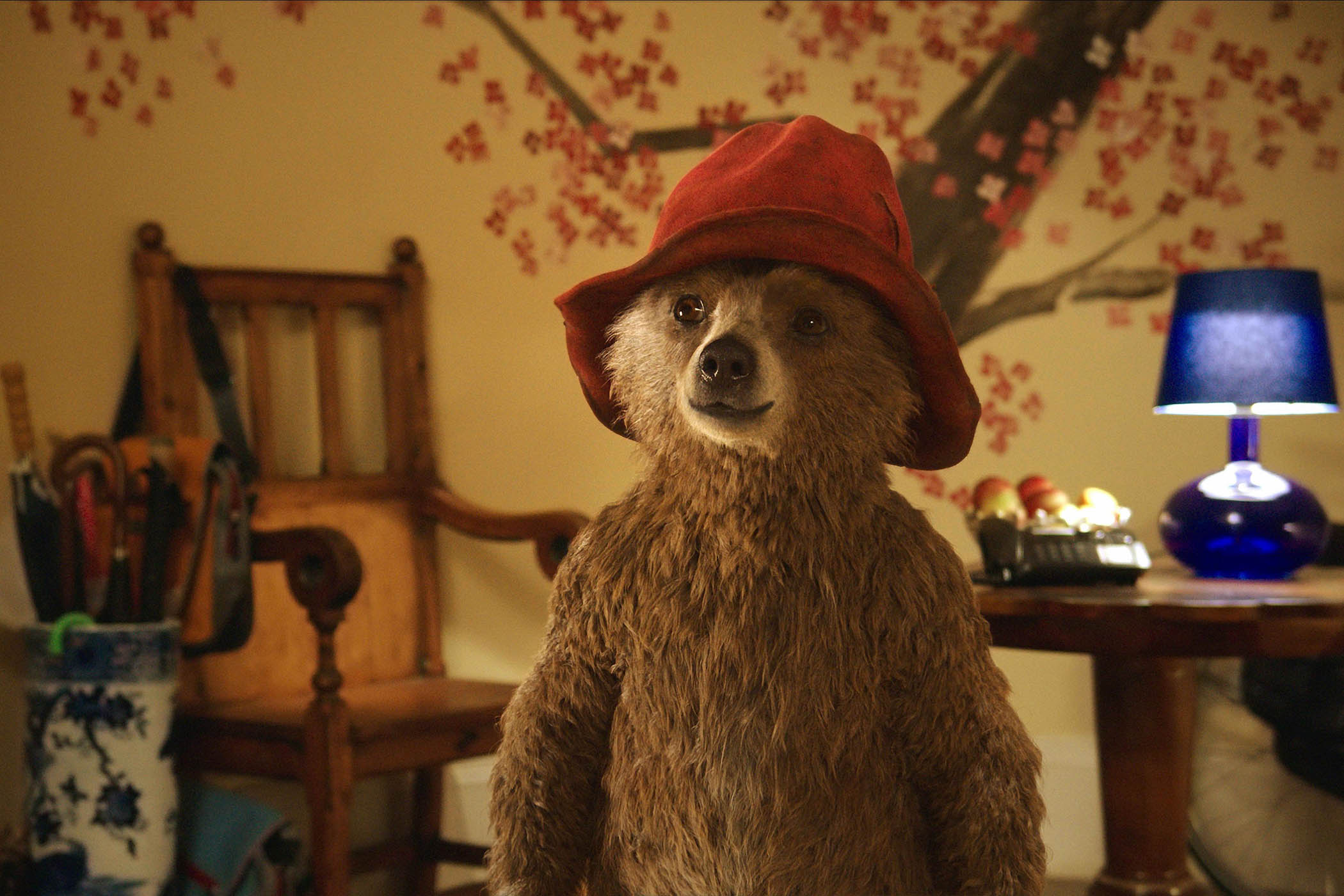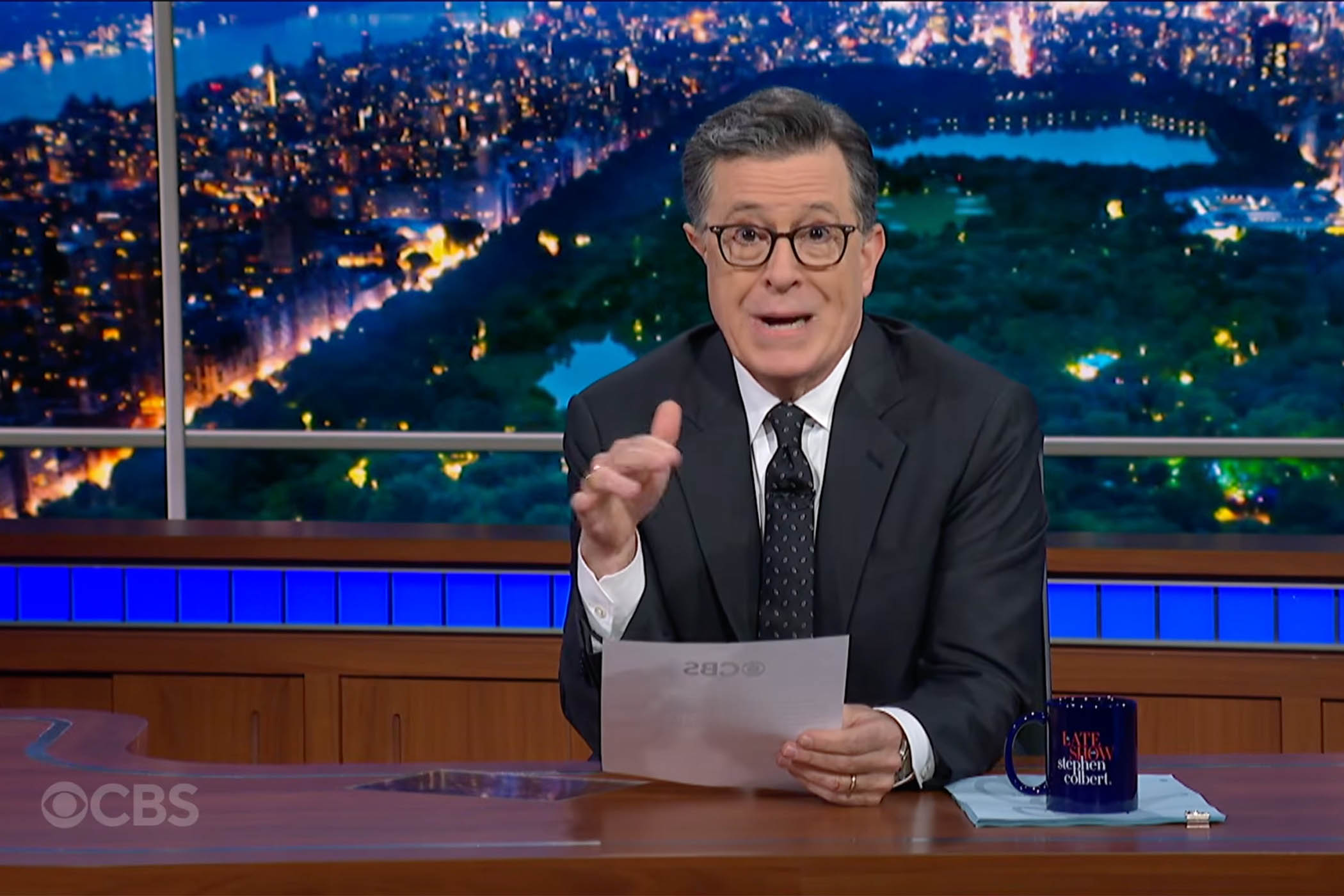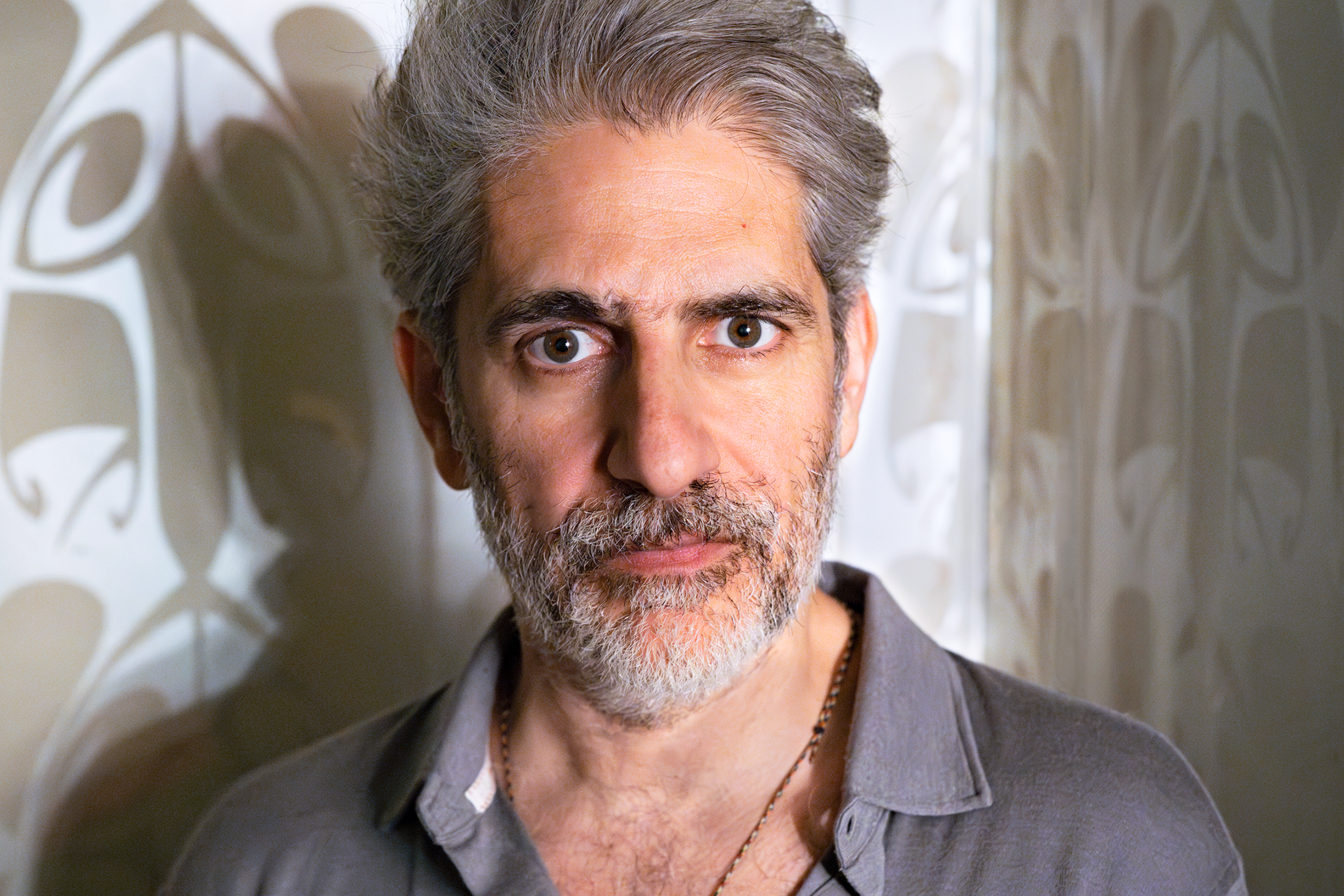The maker of Spitting Image, the satirical puppet show, has responded to a lawsuit over its depiction of Paddington Bear as a Peruvian-accented, cocaine-snorting podcast host with a new YouTube sketch addressing the case.
In it, Paddington uses a legal letter as toilet paper while his imagined co-host Prince Harry reminds viewers to “like and subscribe before Paddington gets cancelled”.
StudioCanal, producer of the Paddington films, and the estate of creator Michael Bond, are suing Avalon, the company behind Spitting Image, citing copyright and design concerns.
The films have grossed more than $750m worldwide and have catapulted Paddington from children’s character to untouchable national mascot. His pinnacle was taking tea with the late queen to celebrate her platinum jubilee in 2022.
“Satire is generally the sign of a healthy society, even if occasionally it misses the mark,” said Doug Naylor, a head writer on the original Spitting Image series, which ran from 1984 to 1986. “Ironically, I think both sides are punching down – they’d be well advised to get a sense of humour.”
It is not the first parody dispute involving children’s characters. Earlier this year, social media account Sylvanian Drama – which gained 2.5 million TikTok and 1 million Instagram followers thanks to its soap-style videos starring Sylvanian Families animals – was sued by the toy’s owner, Epoch. The case was dropped in August, although creator Thea Von Engelbrecht subsequently had renamed the project Moletown Drama.
In 2017, Dr Seuss Enterprises tried to shut down Matthew Lombardo’s play Who’s Holiday!, a show about an adult version of Dr Seuss character Cindy-Lou Who, whose life has gone off the rails. “It was a David v Goliath situation, where you have an individual playwright up against the estate of Dr Seuss, which has extreme resources,” said Jordan Greenberger, Lombardo’s lawyer.
Lombardo went on the offensive, taking Dr Seuss Enterprises to court and asking a judge to rule that the play qualified as a fair use parody of the story How the Grinch Stole Christmas! The judge ruled in Lombardo’s favour, and again when Dr Seuss Enterprises appealed. “It cemented the case as a binding precedent,” said Lombardo, adding that it gave greater protection for future theatre makers creating parody shows in the US.
In UK law, limited amounts of copyright material may be used for parody, but it must offer some critique, commentary or mockery of the original. The courts will also ask questions about fair dealing: is “podcast Paddington” affecting the market for the original Paddington, and has it taken too much from the source material?
Naylor said Spitting Image’s team must be delighted: “Most people didn’t even know [they] were back and now, thanks to Paddington, everyone does.” The episode featuring Paddington’s debut has hit nearly 600,000 views – more than double the figures for others in the series.
Newsletters
Choose the newsletters you want to receive
View more
For information about how The Observer protects your data, read our Privacy Policy
Some fans have commented on Spitting Image’s videos claiming they will no longer buy the products of the copyright holder thanks to what they see as bullying tactics. The same happened with the Sylvanian Families case.
“I sincerely hope for both sides’ sake that it does not go all the way,” said Naylor. “If Spitting Image lost, the fear then is: do we lose satire for a generation, because everyone is scared of going near it? I suggest that they shake hands, make up, and share a marmalade sandwich.” StudioCanal, Bond’s estate, the law firm Edwin Coe and Avalon all declined to comment.
Photograph by StudioCanal



